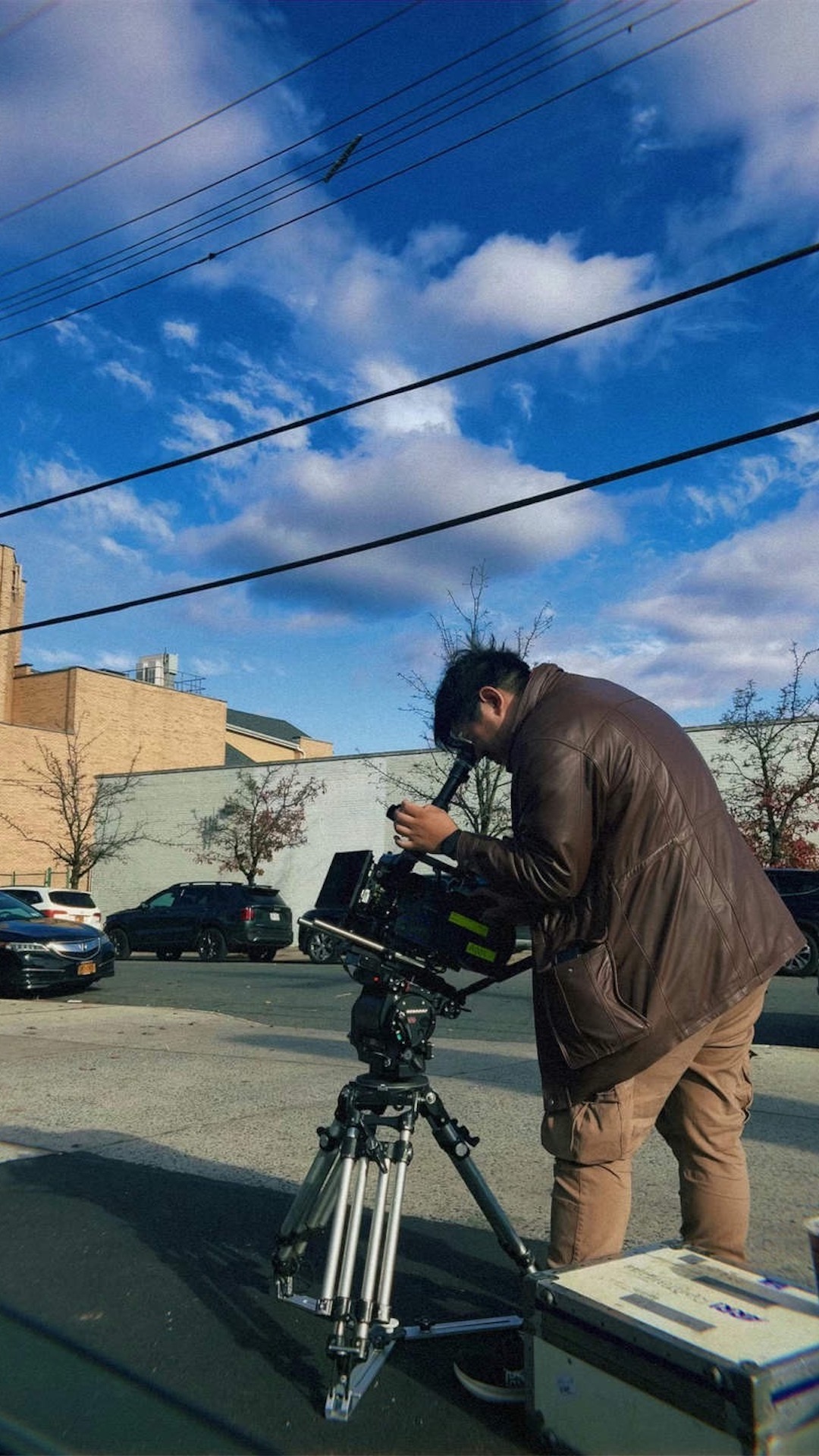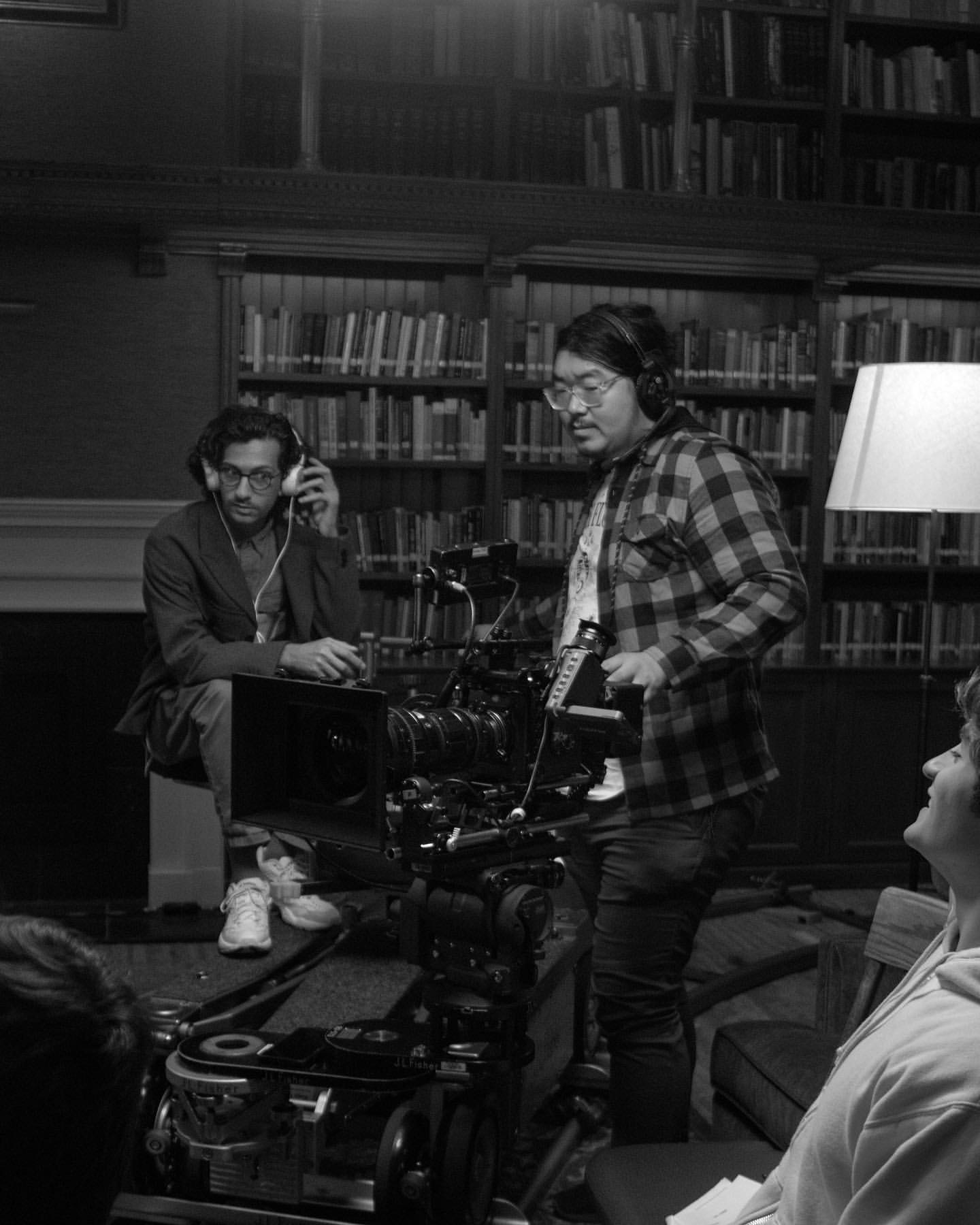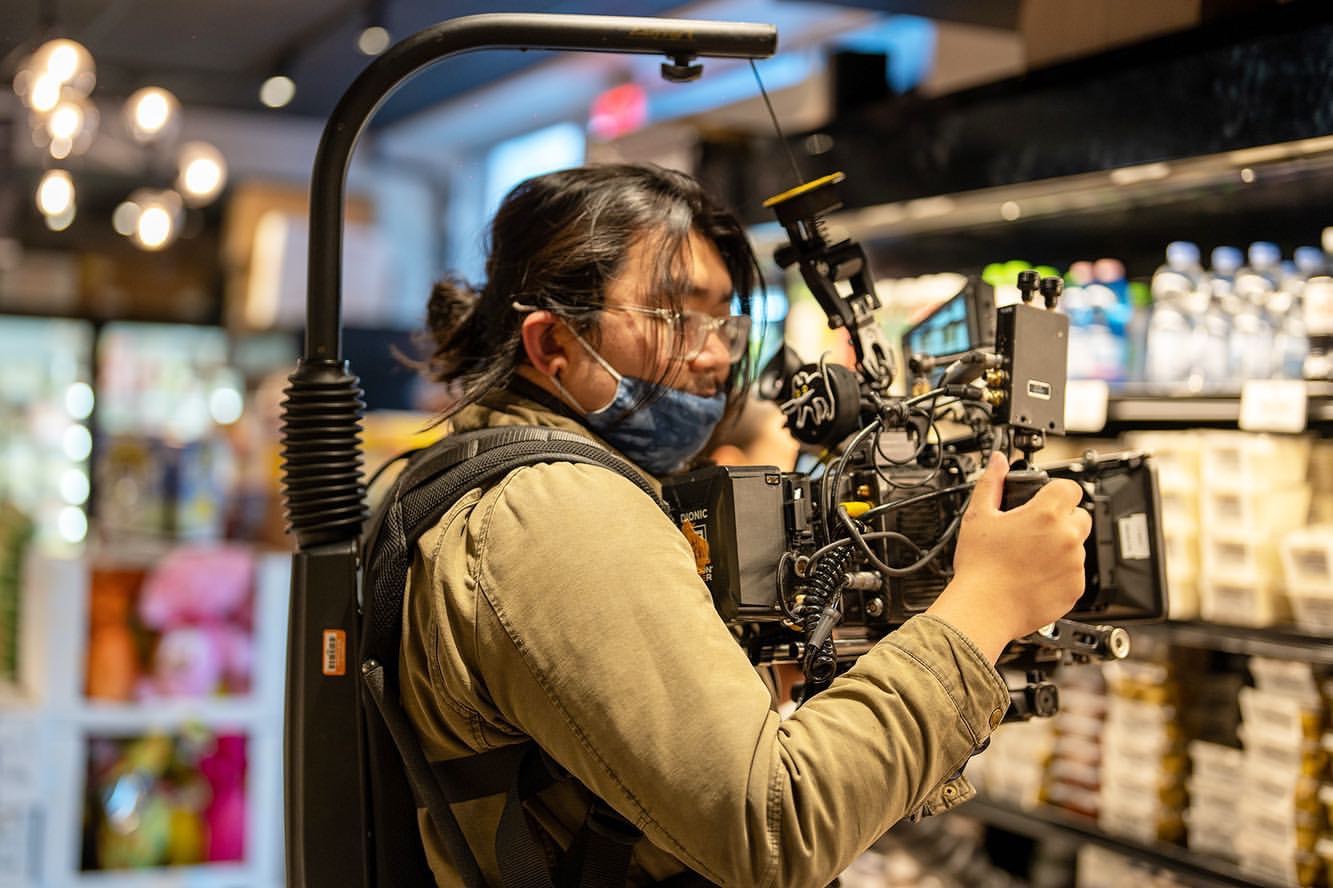Meet Daniel Cho | Full Time Director of Photography, Part time Director & Co-Owner of Magic Hour Rentals.
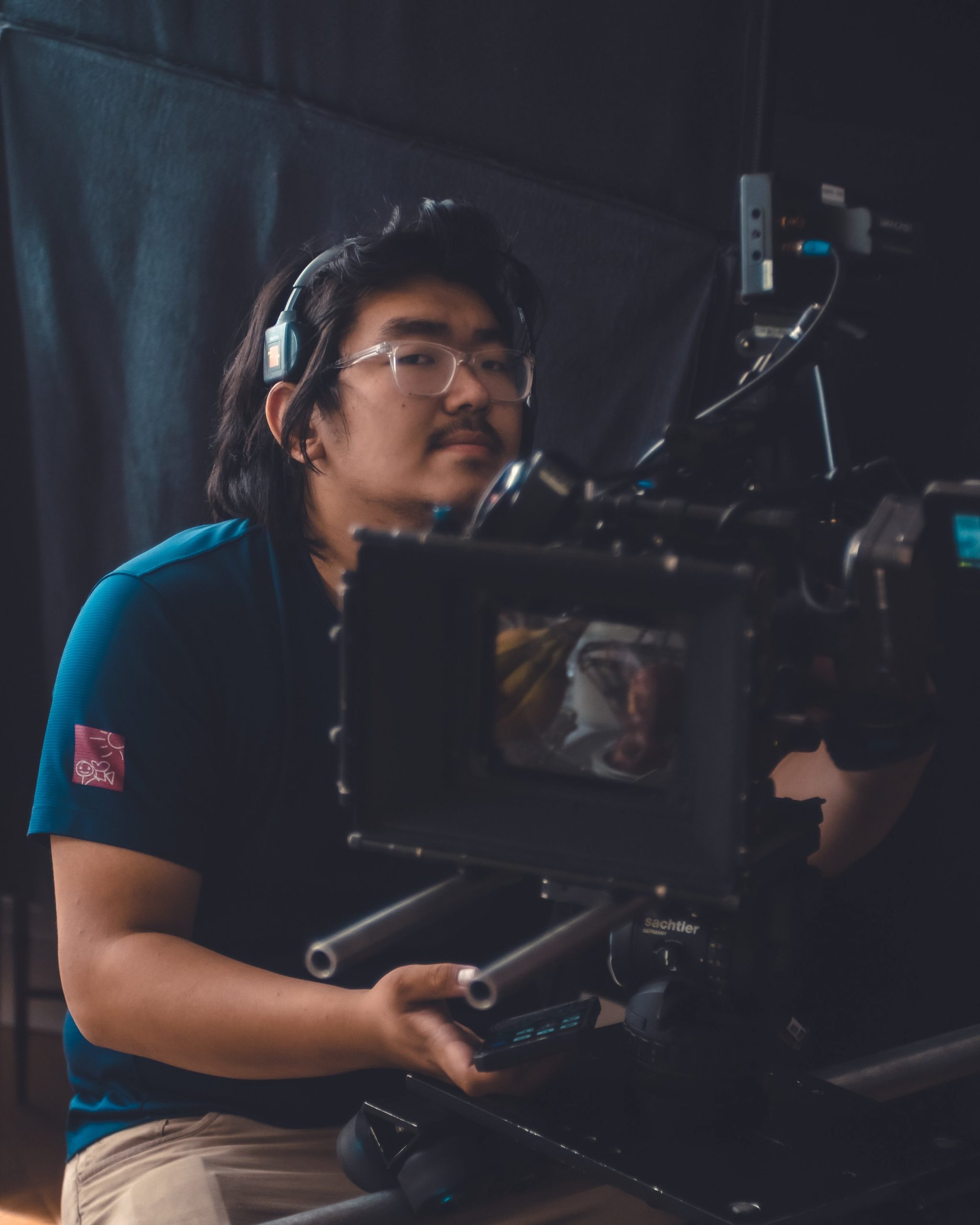

We had the good fortune of connecting with Daniel Cho and we’ve shared our conversation below.
Hi Daniel, can you walk us through the thought-process of starting your business?
Well, I’ve always owned equipment from when I started my journey in film. As time moved on, I had amassed more and more of a collection of cameras, lenses, tripods, monitors. accessories, etc. It got to the point where it was getting harder and harder to track and I found myself having difficulities managing it all. I was living in Highland Park at the time with a old friend from my college days who also had equipment. When we were discussing business ideas such as a full fleged studio, servicing virtual productions, I had brought up that maybe starting a small rental house for gear would be wise in conjunction. We would rent out the gear to productions both outside and inside our studio, akin to how some big budget studios used to and still do. Eventually, with the way the industry moved, the rental house became the sole focus and is what we’re proud of most today. We call it Magic Hour Rentals.
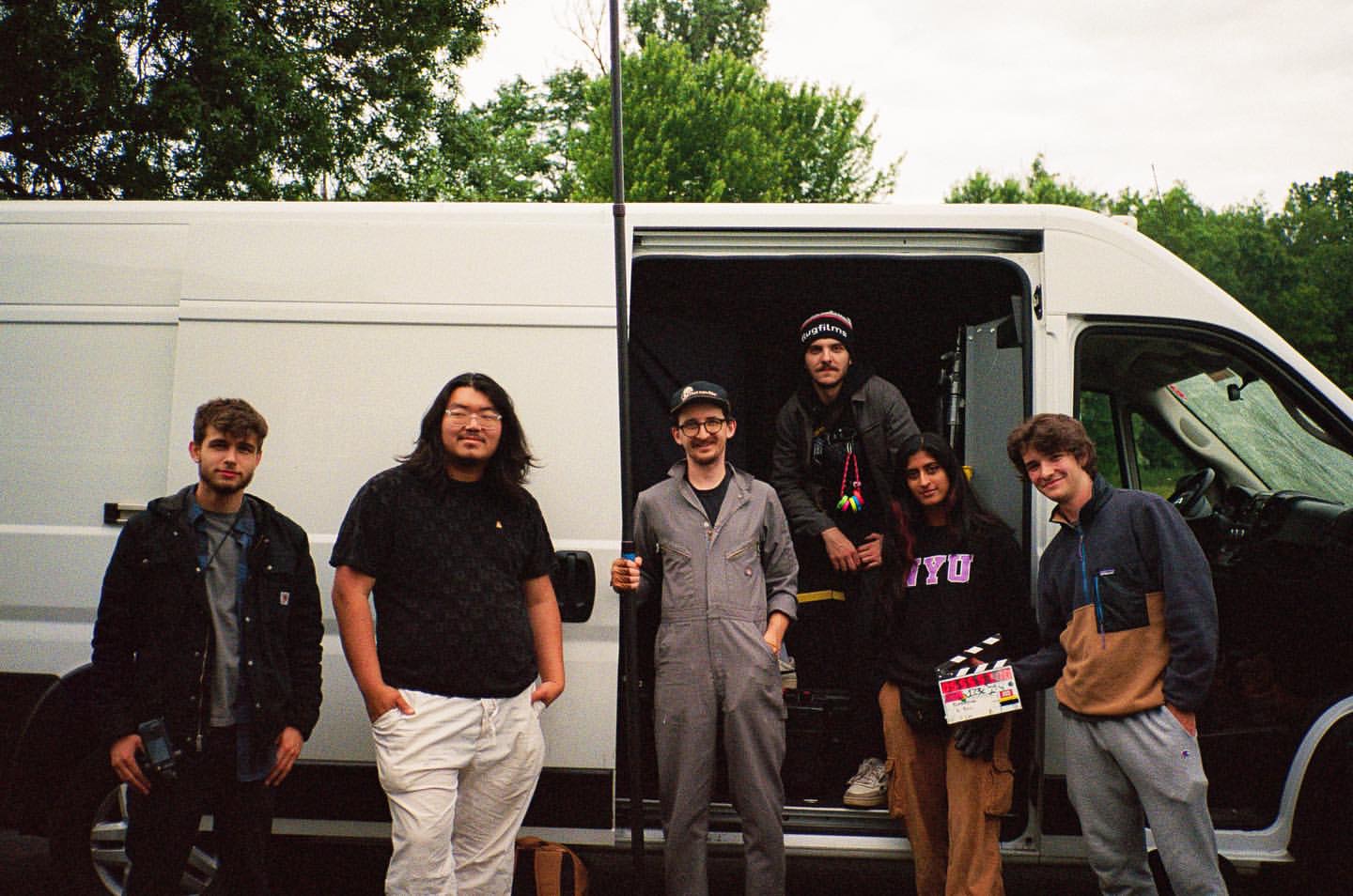
Alright, so let’s move onto what keeps you busy professionally?
Funny enough, when asked to write about this part, I was given the choice of artist or professional. I feel as if what I do most often straddles that line between both. In my opinion, the motion picture is a unique blend of being artistically expressive and technically minded in its nature. Even in forms of cinema where a physical camera is not present in its making, the notion of artistry and craftsmanship has existed.
For me, I was and still motivated to just be a small part of this everchanging medium. Speficially, I want to help tell stories visually. I consider myslef a director of photography first, and I feel that I shine through in the role to help bring people’s visions to life, having only recently been dipping my toes back into directing. If there’s something that sets me apart from others, it’s how I approach each project.
I didn’t know or realize back then, but I have a condition called aphantasia which doesn’t allow for the formation of mental images. I don’t think or imagine in images but in concepts and experiences, therefore I cannot rely on a visual imagination. When my english teachers would tell us to close our eyes and imagine a world, I thought it was just a abstract concept, I never knew people actually saw anything! Same thing when people talked about the voice in their head, I didn’t know people actually heard voices. While I was a bit jealous when I learned about aphantasia, it simply gave perspective.
Because I’ve never had internal imagery to rely on, I had to focus on 2 things when I research, prep and shoot a film. The first was to collect a database of ideas. That means consuming images, films, shows, videos, paintings, arts, concepts, ideas, news, philsophies, etc. to simply have someting to point to. The secound part is having to not intially look at or think about the aesthetic or techincal qualities, but to rather hone in on the emotional aspects. Even with that large database, I can’t really see it in my head unless I physically see it. Therefore, I’m not always obsessed or even focused on making something “perfect” or even “pretty” for that matter when it relates to cinematography. I’m much more focused on how we’re suppose to feel first, then let that guide my ideas and decisions.
It’s hard to quantify but in essense, I feel as if my work should be integrated and weaved into the fabric and DNA of the story I’m trying to tell rather than be something that shines. It’s similar to how in team sports, some players have to sacrifice their stats and individual glory for the betterment of the team. In the way that sometimes my work doesn’t shine is where it is best served, and that’s a hard way to make a living in a industry defined by visuals. I’ve had to then modify my approach depending on the type of project to make it work for my methodology and myself.
Every shoot is a challenge in so many ways, from managing people, budgets, expectations on their ideas and concepts and then taking what is given and executing them on the day. So much of what you have to do comes to just simply knowing what you want. It’s a relatively simple concept that is so hard to nail down for so many people. So many internal and external factors can change or sway that, hence why I find my approach so much more rewarding in the long run. It took some time to not get downtrodden or be dismayed at things not being what I envisioned. But, as long as I can hone in onto the emotional essense, everything else is flexible and can be changed if need be. Furthermore, my mentality shifted over time. I had a hyper fixation of things that I didn’t add or missed as negative traits of my work and myself. Now I view them as a lesson and tool to learn and grow from, slowly improving my work shoot to shoot and myself.
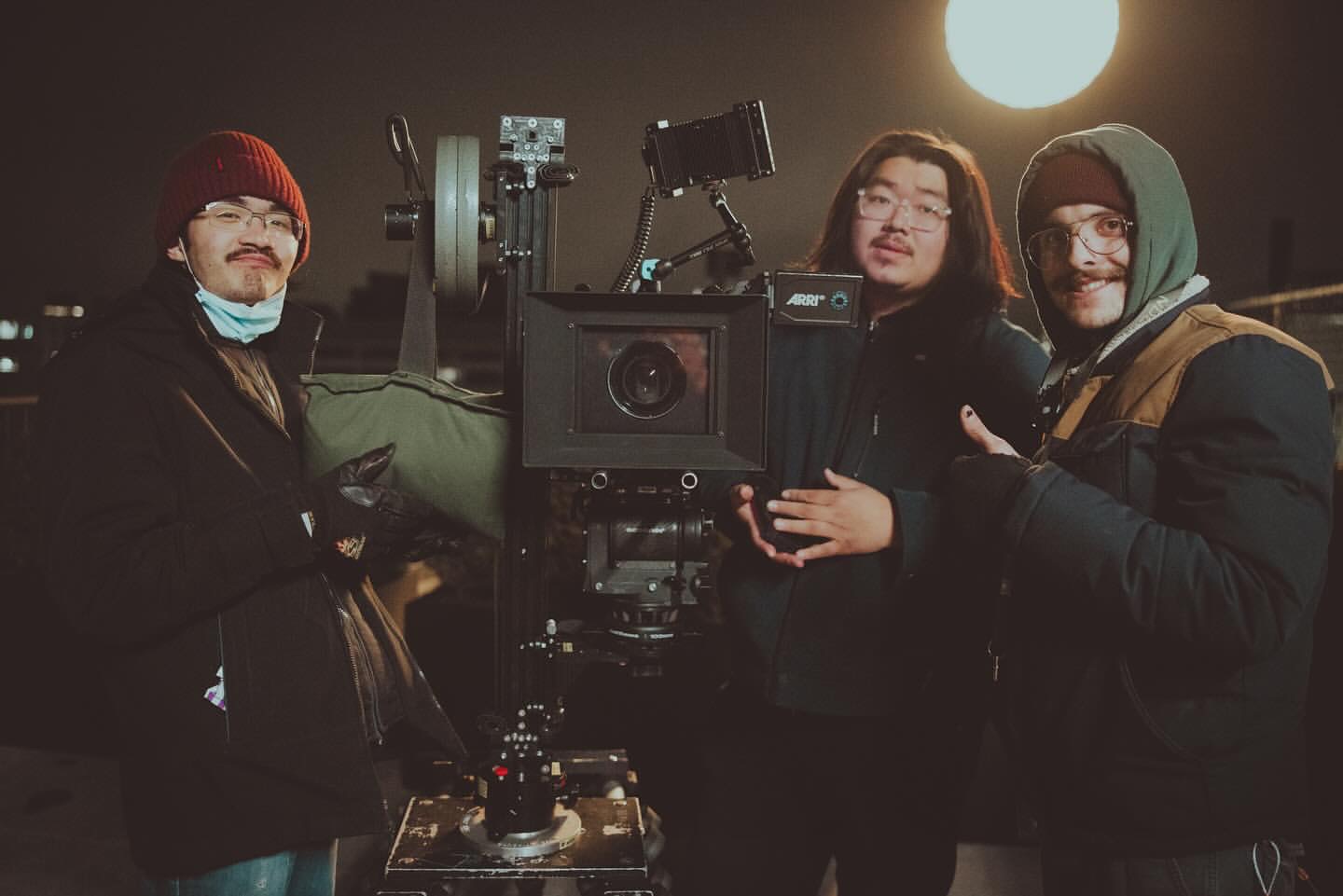
If you had a friend visiting you, what are some of the local spots you’d want to take them around to?
Well, first we gotta eat. I usually take all my friends who travel out of town to this Taiwanese spot in Highland Park called Joy. It’s where I had my first ever meal in LA and it’s my all-time favorite spot to eat. It’s that or it’s gotta be the nearby Angel’s Tijuana Tacos on Eagle Rock Blvd.
Defintely wanna get some of the know tourist spots in there, like the Griffith Observatory, Hollywood Sign, Hollywood itself, Santa Monica Pier, etc. We may go hiking in Angeles National Forest, or out to the Huntington Museum for a more relaxed nature escape. I’ll take them into Koreatown, show them some of the history and great food there like Yichun Restaurant or Hanbat Sullongtang. May have a drink at a bar in West Hollywood, catch a celebrity or two. I love going to Vidiots to watch a film. If the timing is right, we may go to either the Rose Bowl Flea Market or just visit some vintage shops in the area. Am a big music head and love collecting vinyl, so I’d take them to spots like Record Safari or Amobea Records.
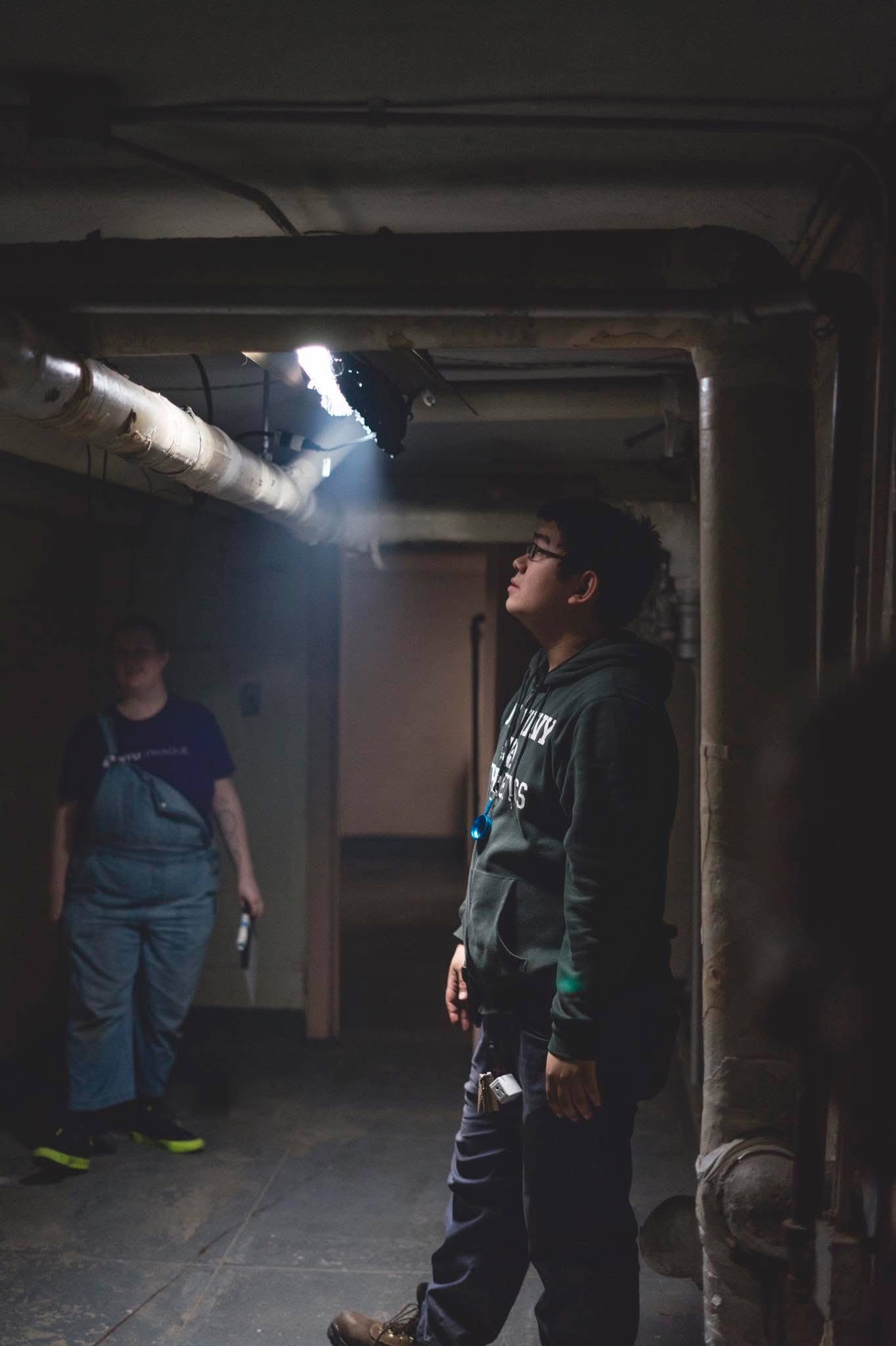
Who else deserves some credit and recognition?
Where to start? Obviously my family is first. I have to thank my dad who worked 70+ hr weeks for so many years trying to provide for us. I have to thank my mom who worked alongside him and also took care of all of us when we got home with the cooking, etc. I have to thank my other brother who basically became my defacto 3rd parent at times for many years since our parents worked. And my grandmother who raised me from the start and helped guide and shape our early lives.
Career wise, there’s so many people but I go back to those who helped me from the beginning. Gotta shout out my best friend, and constant colleague, Keisuke “Suki” Nojima. I still remember shooting those silly little videos on my old Nikon DSLR and you lending my your Sony Vegas Editing Program. I have to thank my HS film teacher, Michael Goldstein, who molded my career trajectory and always strived to make me a better filmmaker and more importantly, a better person. My old friends, Sebastion Maroun, Kevin Wingertzahn, Bobby Martin, Kyle McIntyre, we were all in the same group and grade together and helped each other on our old films. I also wanna shout out Michael Mastroserio, who was a early mentor in my career and who I hold the upmost respect for to this day.
There’s another group in the NYSSSA (New York State Summer School of Arts) Media Arts Program that I wanna shout out. Those summers I spent there with everyone are my happiest filmmaking memories and expanded my mind to the possibilities and creativity of what I do. I still, to this day, chase those blissful feelings everytime I work.
Website: https://www.danieljcho.com/
Instagram: https://www.instagram.com/dchodp/
